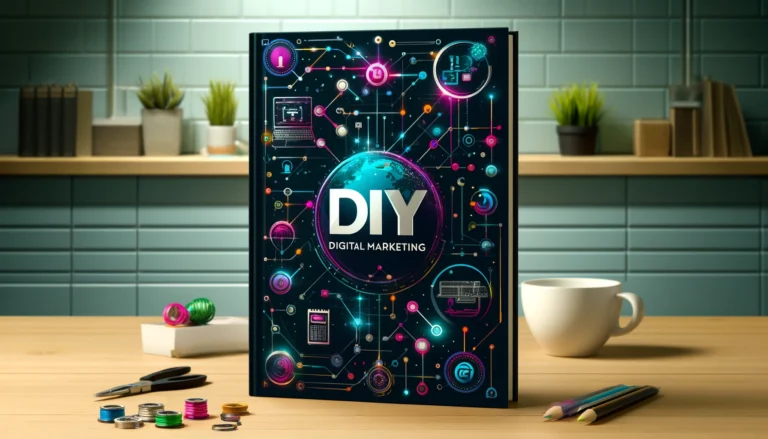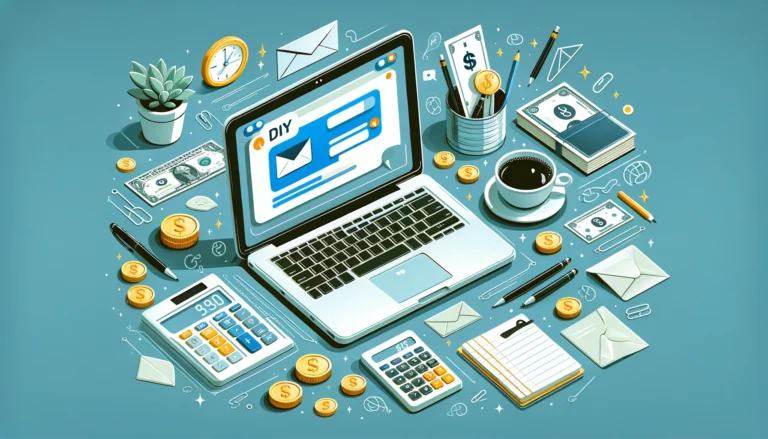In a world where competition is fierce and customer loyalty can make or break your business, having a solid Customer Relationship Management (CRM) strategy is essential. CRM is more than just software; it’s a comprehensive approach to managing and improving your interactions with customers. Here’s a deep dive into why CRM matters and how you can leverage it to grow your business.
What is CRM?
CRM stands for Customer Relationship Management. It’s a system that helps you organize, track, and manage all your customer interactions in one place. Think of it as the nerve center for your business’s customer data. With CRM, you can store information about customers, track their interactions, and even automate certain communication tasks.
Why is CRM Important?
1. Deep Understanding of Customers
A CRM system allows you to gather detailed information about your customers. This includes their purchasing history, preferences, and feedback. With this data at your fingertips, you can create more personalized marketing campaigns and anticipate customer needs more effectively.
2. Streamlined Communication
Good communication is key to building strong customer relationships. CRM systems help you maintain regular contact with your customers through automated emails and personalized messages. This keeps your brand top-of-mind and makes your customers feel valued.
3. Boosted Efficiency
CRM systems centralize all your customer information, which can drastically reduce the time your team spends on administrative tasks. This means they can focus more on engaging with customers and less on paperwork.
4. Enhanced Customer Retention
Happy customers are loyal customers. A CRM system helps you identify and address issues before they lead to customer churn. By keeping track of interactions and feedback, you can quickly resolve problems and improve your services.
5. Informed Decision Making
With all your customer data in one place, you can easily analyze trends and patterns. This helps you make better decisions about your marketing strategies, product offerings, and resource allocation.
Getting Started with CRM
1. Set Clear Goals
Before diving into CRM, it’s important to define what you want to achieve. Are you looking to improve customer satisfaction, boost sales, or streamline your marketing efforts? Clear goals will guide your CRM implementation and help you measure success.
2. Choose the Right CRM
There are many CRM solutions on the market, each with its own set of features. When selecting a CRM, consider factors like ease of use, scalability, and how well it integrates with your existing systems. Choose a solution that aligns with your business needs and budget.
3. Train Your Team
A CRM system is only as good as the people using it. Make sure your team is well-trained on how to use the CRM to its full potential. Provide ongoing support and resources to help them get the most out of the system.
4. Monitor and Adjust
Once your CRM is up and running, it’s important to regularly review its performance. Collect feedback from your team and customers to identify areas for improvement. Be prepared to make adjustments to your CRM strategy to ensure it continues to meet your business goals.
Conclusion
Investing in a CRM system can transform your business by providing deeper insights into your customers, improving communication, and boosting efficiency. By taking a strategic approach to CRM, you can build stronger relationships with your customers and drive long-term success.




